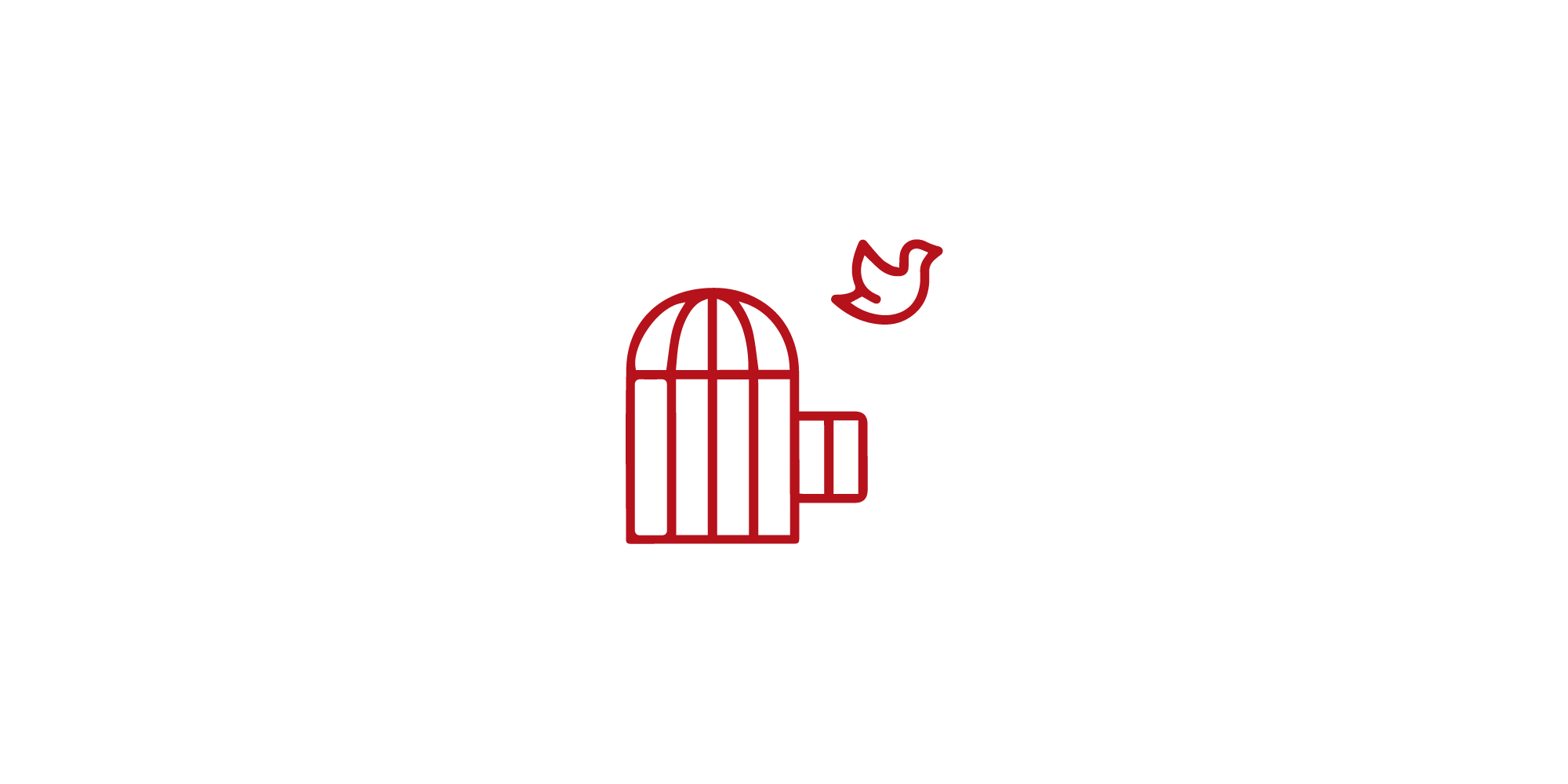Looking Ahead: Investment Issues on the Horizon
In the midst of the financial crisis I had the opportunity to attend a presentation by Quincy Krosby, PhD, Chief Market Strategist for Prudential Annuities where she provided her perspective about the global macro-economic environment and how it was affecting the financial markets. The message was powerful. She pointed out that everyone on Wall Street knew technology companies were over-valued in the late 1990's; but it just didn't matter until the tech bubble burst. She drew the same conclusion with the housing market. Everyone knew housing was over-valued but chose to ignore it until the housing bubble burst. Her theme was "it just didn't matter… until the day it mattered."
Ever since then I am haunted and constantly asking myself, "what is it that doesn't matter today that will matter tomorrow?" Looking forward from today I see two major issues on the horizon – interest rates and taxes – and here is my opinion on what I think you should do to prepare.
Interest Rates
The Target Federal Funds Rate has been 0% – 0.25% for over 3 years, since December 18, 2008 and the Fed has announced that they plan to hold the rate low into 2013 so I don't think interest rates are going to rise today or tomorrow. But I also question whether the Fed will be able to keep the interest rate this low for another 12 – 18 months without affecting other aspects of the economy such as inflation.
But facts are facts. Interest rates cannot go lower than 0%. Whenever the next change occurs, it will be going up.
What effect will this have? Keep in mind the relationship between interest rates and bond prices. As interest rates go up, bond prices go down. Pair this with legions of baby boomers who are retiring. Traditionally, a retiree's investment portfolio is shifted into "safer", income producing positions and many consider bonds to be a good fit. I worry that these same investors who are seeking stability and income are in for a rude awakening when the value of their investment portfolios start falling.
Take one more step backward in time. Before they sought a more stable portfolio, these same baby boomers used stocks to accumulate their retirement funds and already watched their net worth fall during the Great Recession. So they are pulling money out of falling stocks and investing in bonds; they have been selling stocks at a low and buying bonds at a high. As bond prices fall, are they going to sell the bonds at a low and reinvest in stocks at a high in order to restore the bottom line of their portfolio?
To protect portfolios from increasing interest rates, here are some of the strategies I am using:
- For pure retirement income, consider Variable Annuities with Guaranteed Income riders
- For fixed income allocations of overall portfolios, use bonds which are less interest sensitive. In the portfolios I am managing, right now our fixed income allocation is in TIPS (Treasury Inflation Protected Securities), High Yield Corporate bonds, and convertible securities.
- When liquidity issues can be satisfied elsewhere we have also been using well vetted non-traded REIT's (Real Estate Investment Trusts) and other income generating alternative investments such as Reg D private placements in real estate and private debt issues, but these may not be appropriate for most investors.
Taxes
There is a perfect storm of sorts forming in Washington DC. It is a general election year so most of the seats in Congress as well as the President are up for re-election. The Bush Tax Cuts have never been addressed. Faced with irreconcilable differences two years ago, our elected officials chose to extend them though the end of 2012 but left us no direction as to what to expect in 2013. President Obama's payroll tax reduction will expire (again) at the end of 2012. Driven by increased government spending and entitlement programs, the federal deficit is growing with increasing velocity.
Both sides of the political aisle agree that tax revenues need to increase. They differ as to who should foot the bill. Given the magnitude of the issue and the uncertainty of the outcome just about anything conceivable is possible. So what should you do to protect yourself?
- Consider recognizing income in 2012 instead of deferring it to future years by converting to IRA's to a Roth IRA.
- Harvest Long Term Capital Gains. The current maximum Long Term Capital Gains tax rate is 10%. I would not be surprised to see it increase to 15% or 20% as early as next year. Some proposals on the table even have long term capital gains being taxed at regular tax rates!
- For vested stock options, 2012 may be the best year to exercise those options to minimize the tax impact.
None of us have a crystal ball and I am not exactly sure when taxes and interest rates will become an issue. But I am confident that both will rise before they fall.
Disclosures: There is no guarantee that the strategies introduced in this article will succeed. The information is intended to illustrate the services available at DV Financial. Investment results may vary and the strategies presented are not appropriate for every investor. Individuals should consult with their financial advisor to review the terms, conditions, and risk involved with specific products or services. This is not a solicitation of securities and should not be construed as specific tax, legal, or investment advice. Contact your advisor to discuss your unique situation.
Photo Binoculars portrait by gerlos
















